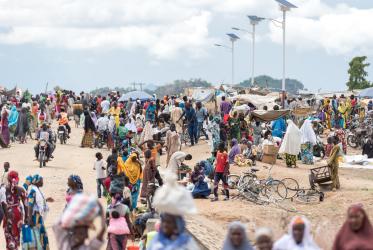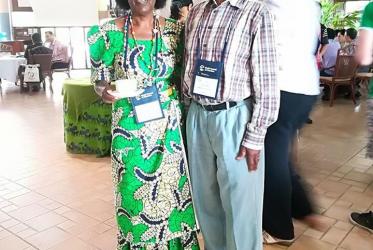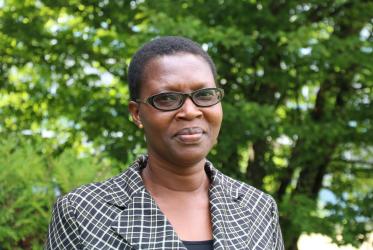Displaying 1 - 20 of 30
Faith and HIV treatment go hand in hand
06 March 2019
Turning mercy and compassion into action
04 March 2019
Paving the way for ecumenical studies, learning English in Bossey
24 September 2018
École GEM: comment concilier théologie et économie
05 September 2017
"We have our work cut out for us"
10 August 2017
Nigerian breaks down stereotypes on Muslims
13 July 2017
A communicator on the move
10 July 2017











